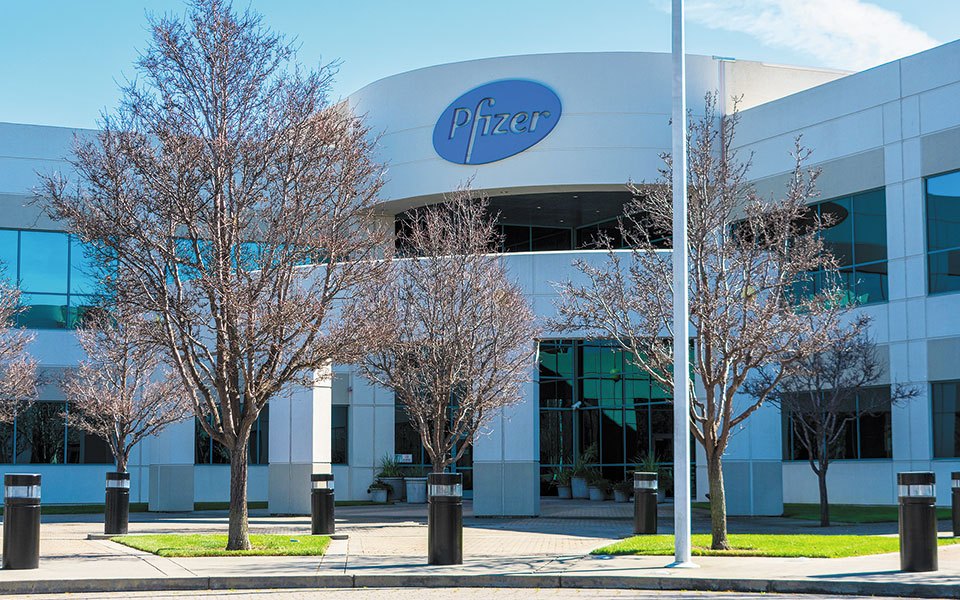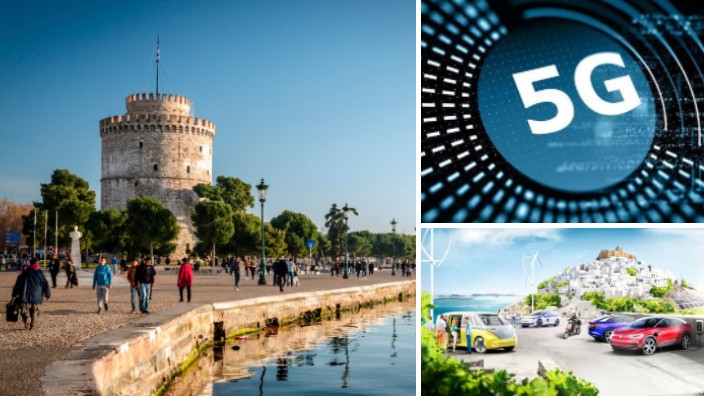Greek unemployment in July 2013 stood at 28 percent. The country was then still halfway through an eight-year recession that would claim a quarter of its economic growth. It still ranks as the worst contraction of any post-war developed economy.
Due to this dire situation, many Greek youth left Greece, looking for work opportunities abroad. One of them was Krystallia Sarantopoulou.
According to Al Jazeera, Sarantopoulou graduated from Thessaloniki’s Aristotelian University seven years ago with a degree in electrical and computer engineering.
“During the financial crisis it was impossible (to start a job as a new graduate),” she told the media outlet.

Forced to seek her fortunes abroad, Sarantopoulou accepted an entry-level job in The Netherlands. The pay was basic but she felt at home. Walking into the Dutch company cafeteria, she recognised many fellow graduates from the Aristotelian University mess hall.
Still, she wanted to return to Greece and diligently kept an eye peeled for opportunities. This year, during the coronavirus pandemic, one finally surfaced.
“Last Easter, a colleague of mine called and said Pfizer is going to invest in a software hub in Thessaloniki. I said, ‘Really? It’s too good to be true’,” Sarantopoulou says.
She is among the first wave of new hires at Pfizer’s Greek hub in Thessaloniki.

The US pharmaceutical giant Pfizer has already received over 3,500 applications for the 200 spots that are open at its digital hub in Thessaloniki. A substantial portion of the applicants, representing twenty percent, are from Greeks living abroad.
“We have people coming from the US, the Netherlands, Germany – all Greeks who went away and are coming back,” Nico Gariboldi, the site manager in Thessaloniki, told Al Jazeera.
Gariboldi says Pfizer chose Greece for a number of reasons: Political stability under the conservative New Democracy government, the biggest concentration of universities in southeast Europe and the city’s incubators and startups.
Those pull factors are no accident but part of a range of initiatives the Greek government has announced to competitively place Greece for the “Fourth Industrial Revolution” merging the digital, biological and physical worlds.

READ MORE: Microsoft plans $1 billion data center venture in Greece.
These other initiatives include a deal between Microsoft and Greece in October, agreeing to build three data centres in the greater Athens area – enormous server parks that form the backbone of the internet and cloud computing services.
Volkswagen Group and Greece also signed a memorandum of understanding in November to establish a groundbreaking mobility system on the Mediterranean island of Astypalea. The six-year plan includes a massive replacement of carbon-run vehicles on the island with electric and hybrid cars and trucks.
All these new groundbreaking announcements are set to see even more Greek youth repatriate to their homeland.
READ MORE: Greek island of Astypalea goes electric with Volkswagen transport deal.
